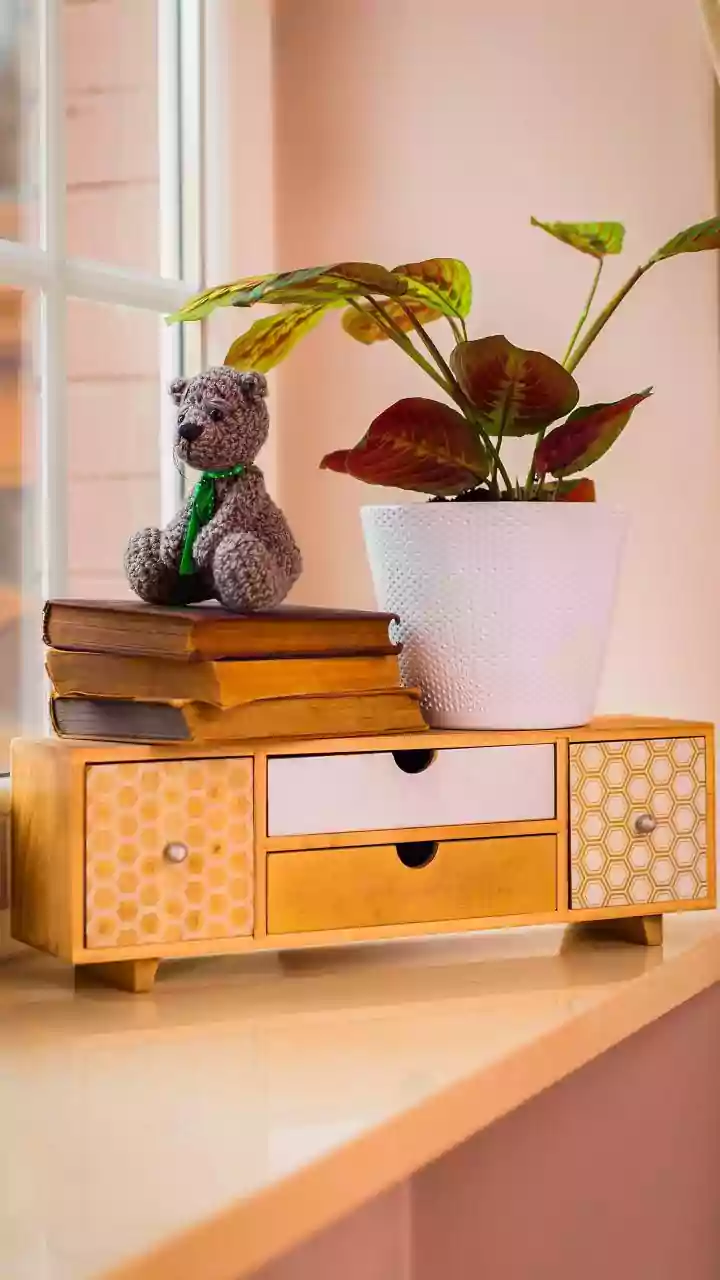Unveiling the Green Revolution: Sustainable Gardening for a Brighter Tomorrow. Dive in for eco-friendly tips!
In the heart of India, where the sun shines bright and the earth is fertile, a new wave is growing.
It's the wave of sustainable gardening, a practice that's not just about growing your own vegetables; it's about nurturing the planet while you do it.
More and more Indians are turning to their balconies, rooftops, and backyards to create green havens that are both beautiful and beneficial. This movement is driven by a desire to eat fresh, healthy food, reduce our environmental impact, and reconnect with nature.
Let's have a look at six practices to make your garden a model of sustainability.
Embracing the Magic of Composting
Composting is like alchemy for your garden. It transforms kitchen scraps and yard waste into 'black gold' - a nutrient-rich soil amendment that your plants will adore. Instead of throwing away vegetable peels, fruit cores, and fallen leaves, you can create a compost pile or use a compost bin.
The process is simple: combine 'green' materials (like food scraps) with 'brown' materials (like dried leaves and twigs), keep it moist, and turn it regularly. Over time, these materials will decompose, creating a rich, dark compost that you can mix into your garden soil.
Composting reduces landfill waste and provides your plants with a natural, slow-release fertilizer, reducing the need for chemical fertilisers. Its quite simple, right?
The Power of Water Conservation
Water is a precious resource, and conserving it in your garden is crucial. One of the best ways to do this is through rainwater harvesting. Set up barrels or tanks to collect rainwater from your roof, and use this water to irrigate your plants. Another effective technique is mulching.
Apply a layer of organic mulch (like straw, wood chips, or shredded leaves) around your plants. Mulch helps to retain soil moisture, suppress weeds, and regulate soil temperature.
Drip irrigation and soaker hoses are also excellent for delivering water directly to plant roots, minimizing water waste. Always water your garden in the early morning or late evening to reduce evaporation. Also, selecting native plants is important.
Companion Planting Wisdom
In nature, plants often grow together in mutually beneficial relationships. Companion planting is the practice of growing certain plants together to enhance their growth or protect them from pests.
For example, marigolds planted near tomatoes can repel nematodes, while basil can deter aphids and whiteflies. Carrots and onions are also good companions, as onions repel carrot root flies, and carrots repel onion flies.
By understanding these synergistic relationships, you can create a thriving garden ecosystem that requires less intervention. It's like having a mini-society in your backyard where everyone helps each other. You can find numerous companion planting charts online to guide you.
Natural Pest Control Methods
Instead of reaching for chemical pesticides, opt for natural methods to control pests in your garden. Encourage beneficial insects, such as ladybugs and lacewings, which prey on aphids and other harmful pests.
You can attract these insects by planting flowers that provide them with nectar and pollen. Neem oil is a natural insecticide that can be effective against a wide range of pests. Insecticidal soap is another option for controlling soft-bodied insects like aphids and spider mites.
Handpicking pests, such as caterpillars and slugs, can also be an effective way to keep their populations in check. Remember, a healthy garden is more resistant to pests, so focus on building healthy soil and providing your plants with the nutrients they need.
Seed Saving: Preserving Heritage
Seed saving is the practice of collecting and storing seeds from your plants to grow in subsequent seasons. This not only saves you money but also helps to preserve valuable heritage varieties that are adapted to your local climate.
Choose healthy, vigorous plants for seed saving, and allow the seeds to mature fully before harvesting them. Dry the seeds thoroughly and store them in a cool, dry place in airtight containers. Label each container with the name of the plant and the date of collection.
Seed saving is a rewarding way to connect with the past and ensure the future of our food system. This is helpful for people who want to grow and sustain life in the long term.
Building Healthy Soil with Organic Matter
The foundation of a sustainable garden is healthy soil. Soil is not just dirt; it's a living ecosystem teeming with microorganisms that support plant growth. To build healthy soil, incorporate organic matter such as compost, manure, and green manures (cover crops) into your garden.
Organic matter improves soil structure, drainage, and water retention. It also provides essential nutrients for plants and encourages beneficial microbial activity. Avoid tilling your soil excessively, as this can disrupt the soil structure and harm the beneficial microorganisms.
Instead, use no-till or minimal-till methods to preserve the soil's integrity. Healthy soil leads to healthy plants, which are more resistant to pests and diseases.
AI Generated Content. Glance/InMobi shall have no liability for the content


















